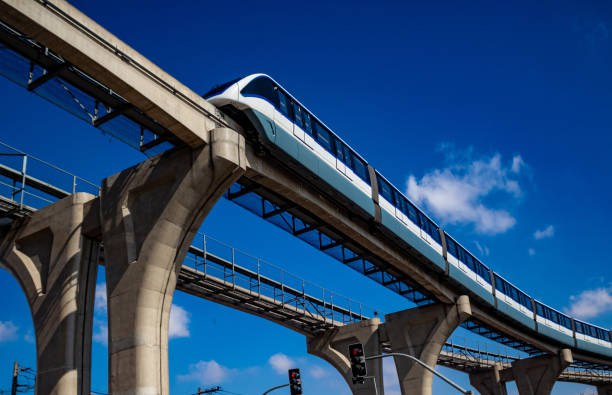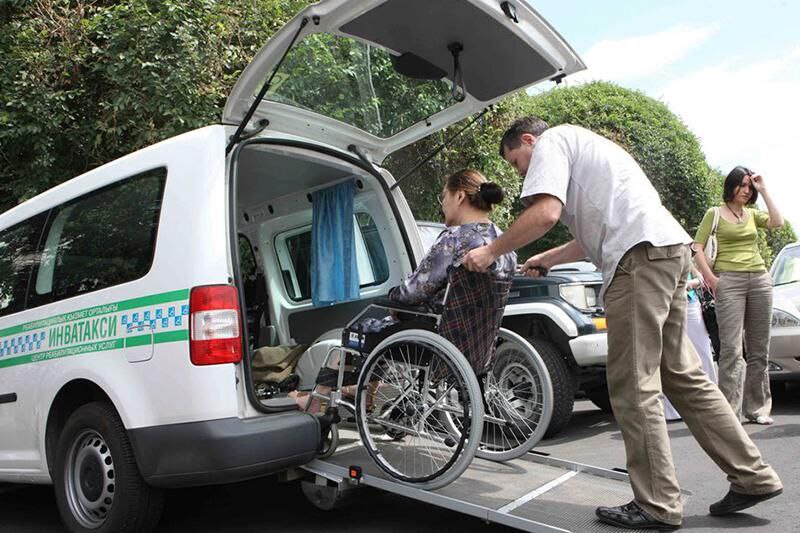Bishkek Considers Monorail System to Ease Transport Woes
Bishkek is exploring the possibility of building a monorail system to address its long-standing transport challenges and alleviate traffic congestion in Kyrgyzstan’s rapidly growing capital. According to the Kyrgyz Ministry of Economy and Commerce, discussions were held on March 19 between Chinese company CRRC Changchun Railway Vehicles, the Bishkek municipality, and Kyrgyzstan’s national railway company Kyrgyz Temir Jolu. The talks focused on assessing the feasibility of constructing a monorail network in Bishkek. The parties agreed to conduct a detailed study of the project, evaluating its economic and technical viability. As part of this process, the Bishkek municipality will provide sketches of the proposed monorail system for analysis. City officials also emphasized that the project could be implemented as a public-private partnership, creating opportunities to attract foreign investment. If built, a monorail system could significantly improve Bishkek’s public transport infrastructure, offering a modern and efficient alternative for city residents. The project aims to reduce traffic congestion, shorten travel times, and improve urban mobility. The idea of constructing a monorail in Bishkek was first proposed in 2020. At the time, then-acting mayor Balbak Tulobaev dismissed skepticism surrounding the project and even suggested that in the future, monorail travel could extend as far as Karakol. In 2021, a memorandum of cooperation was signed with the Turkish company Sky Ray Ve Oto Yedek Parça Ekipmanlari Üretim Sanayi A.Ş. during President Sadyr Japarov’s official visit to Turkey. By 2022, the municipality had developed a preliminary plan for high-speed transport lines over the Ala-Archa and Alamedin rivers, which connect the southern and northern parts of the city. While the monorail remains in the planning stage, the renewed discussions signal a potential step toward modernizing Bishkek’s transport network and easing its growing traffic burden.






